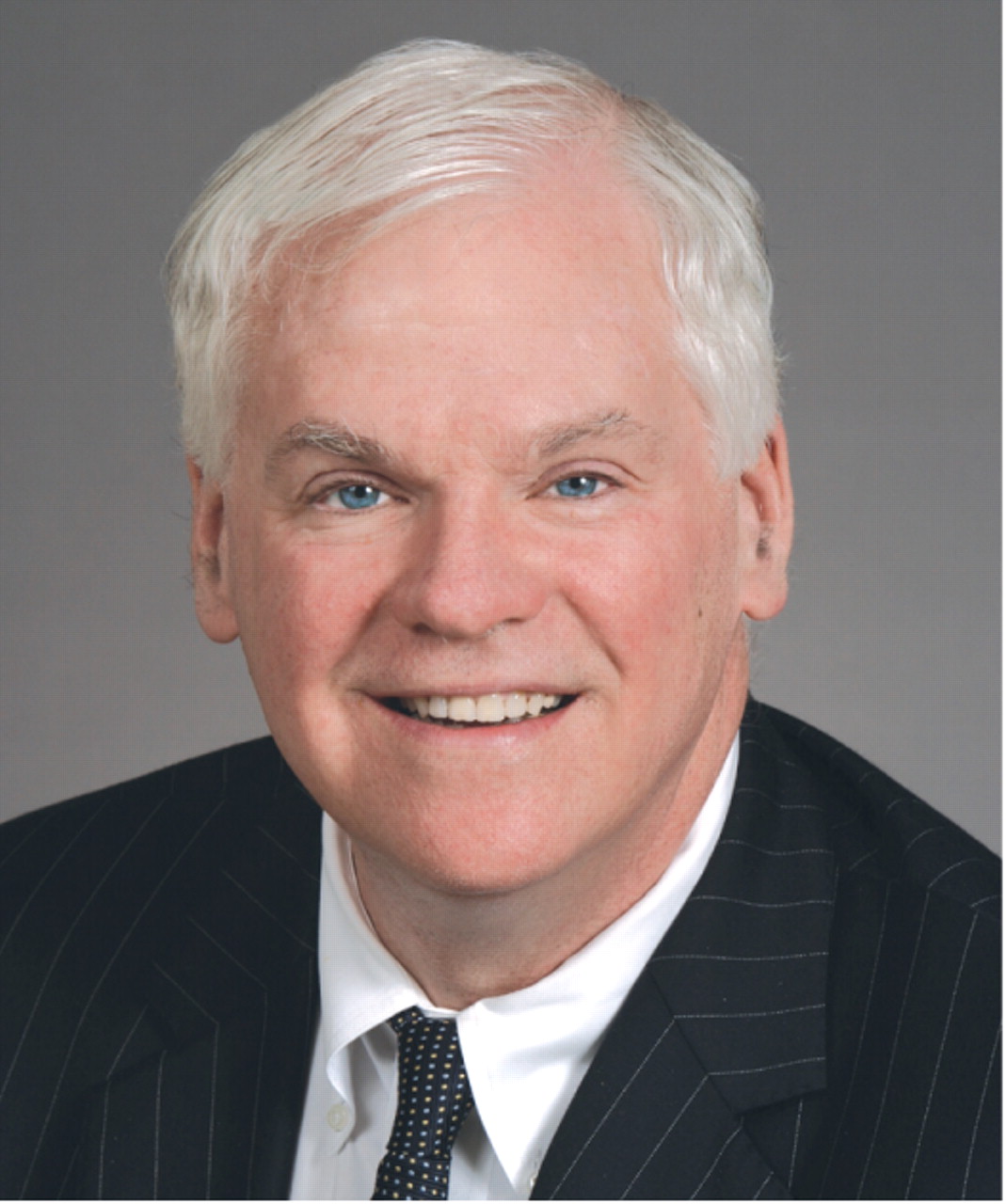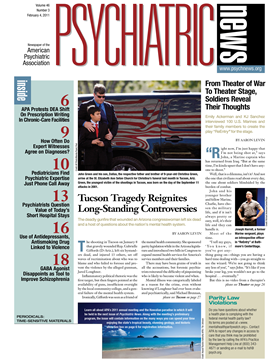Just before last Christmas, I was invited to the White House for another physicians-only meeting led by Ezekiel Emanuel, M.D., Ph.D., special advisor for health policy in the Office of Management and Budget, and Donald Berwick, M.D., administrator of the Centers for Medicare and Medicaid Services.
This meeting was a follow-up to several meetings that the same group of physicians had had with Obama administration physicians when the health care reform legislation was being planned and before it was made into the sausage of the Patient Protection and Affordable Care Act of 2010 (PPACA).
The meeting was held, as all have been, in the Old Executive Office Building (OEOB) next door to the White House. It is, however, much cooler to say “I'm going to a meeting at the White House” than to say “I have a meeting at the OEOB.”
Its purpose was to discuss President Obama's goal of improving the safety of health care and to discuss the role of accountable care organizations (ACOs). Most of the meeting was taken up discussing the ACOs and the questions and concerns about them expressed by the physicians in the room. The invitees represented almost all specialties and national medical groups, and a few medical school deans and health center executives were also in attendance. The ACOs are being supported by the Obama administration as a key part of health care reform and are included in the PPACA as demonstration projects.
Psychiatric News published a front-page report on ACOs and the AMA response to them in the December 17, 2010, issue that is worth rereading to get a clear picture of what they involve. (The article is posted at <
http://pn.psychiatryonline.org/content/45/24/1.1.full>.)
The hope is that these new systems will reduce costs while improving care by providing comprehensive and integrated care. How this will actually happen is still unclear. In a prior meeting, Dr. Berwick said about ACOs, “They are like unicorns. Everyone has an idea what they look like, but nobody has actually seen one.”
Physicians have lots of concerns about who will control these organizations, and while there is no requirement that they be run by hospital systems, it appears, unless something changes, that hospitals and other large systems will in fact operate the ACOs. That is because there are substantial infrastructure costs to set up an ACO, and unless grants are made available, it will be difficult for physician groups to develop and operate such organizations. But many participants at the December meeting noted the irony of having hospitals run organizations that will cut costs only if they can reduce hospital stays and readmissions and move as many procedures as possible to ambulatory settings.
In addition, many of us noted the need for clinical consultations by specialists to primary care providers to accomplish the goals envisioned for ACOs. Psychiatry as well as rheumatology, emergency medicine, and other primarily outpatient specialties need to be integrated into the ACOs. There was general agreement that the plans had not yet addressed the issue of how specialty consultations and referrals would be managed by and integrated into the ACOs.
There was no disagreement, however, about the need for patient and family input about their experience of care in the new ACOs. When the AMA met in November 2010, the House of Delegates, including the psychiatric delegation, approved 13 principles for ACOs. One of the principles was that the Consumer Assessment of Healthcare Providers and Systems (CAHPS) Satisfaction Survey should be used as a tool to determine patient satisfaction and whether an ACO meets the patient-centeredness required by the ACO part of the law.
The CAHPS survey was developed by the Agency for Healthcare Research and Quality, and among its features is an assessment of the physician by the patient on a 10-point scale. The Centers for Medicare and Medicaid Services has proposed that the CAHPS be the patient-evaluation program used by all of medicine. Most of the research on it has been in primary care, but psychiatry is also listed as one of the “other specialties” studied. While there may be some special circumstances that make it untenable for some patients to assess their clinical experience, I do not see how we can or should say that psychiatric patients are the only patients who will not be empowered to give feedback about their care. Members interested in learning more about the CAHPS can check the Web site <
www.cahps.ahrq.gov>.
I would also point out that nothing I have written about ACOs and patient satisfaction is related to the requirement for patient feedback in the maintenance of certification process.
Most Washington observers predict that the ACO-related parts of the PPACA are not ones that the Republicans will try to repeal, so it is likely we will have to deal with them. All of these proposals require changes, and all will add to the “hassle” of practicing medicine. As one physician at the meeting noted, “This is not what I signed up for; I just want to care for patients.”
Our task at APA is to minimize the “hassle” as best we can and to provide our members with the tools to deal with changes that are coming and that we cannot alter. We also will work to provide the Obama administration with comprehensive information about the needs of psychiatrists and the patients we treat.


